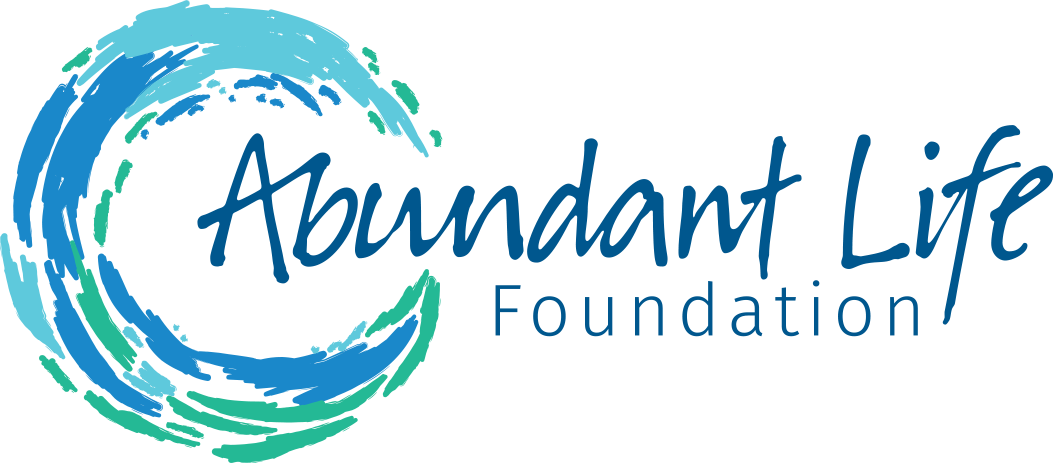Last April, the Abundant Life Foundation hosted its its annual Semana Santa Reef Cleanup in Roatán, collecting over 700 pounds of trash. This year, things are different.
The lockdown in Roatán means tourism is on pause, non-essential businesses are shuttered, and residents been asked to stay at home.
During this difficult time, we’ve seen the community come together, and the possibility exists that the pandemic could have a silver lining in the form of reduced pollution – potentially alleviating some of the pressure on our environment and on the ecosystem of the Mesoamerican Barrier Reef.
Covid-19 response reduces global pollution
Lockdown has resulted in changes on a global scale. Earlier in March, National Geographic Magazine published findings showing dramatic reductions in PM2.5 and Nitrogen dioxide pollutants in most of Western Europe and China, with some increases in other areas such as Eastern Europe and parts of the United States. Parts of India have seen as much as a 70% reduction in PM2.5 pollution. This is a natural result of a reduction in transportation, which is a significant contributor to air pollution.
At the same time, most experts agree these drops in air pollution are temporary at best. With most changes to global pollution tracking in short term changes, predictions suggest that we won’t be able to see the extent of any positive effects until we know how long lockdown will last.
Globally, air pollution is down, at least for now. But, where does that leave Roatán, where marine pollution is a far more pressing concern?
Impacts on the reef and our island
Last year, we learned that the health of the Mesoamerican Barrier Reef , which surrounds the Bay Islands, had declined for the first time since 2006. These changes were blamed on overfishing, C02 pollution, and other marine pollutants, and they drive home the importance of continued investment in reducing pollution through combined cleanup, infrastructure, and education.
The Covid-19 lockdown should have some positive impacts for the reef. Reduced tourism will mean less physical damage to the reef, a living organism. Coupled with the closing of restaurants, the demand for heavily overfished species, like the lobster, is also expected to decrease, though local fishermen must be respectful of environmental laws and regulations. Finally, reduced water disturbance from tourism and diving might have some positive impacts in allowing turtle grass to regrow, thereby reducing sedimentation and improving the health of the reef.
Other pollutants will remain relatively unchanged. Agriculture and soil runoff, which pose considerable threat to the reef and the rich marine biodiversity it houses, will remain. Despite widespread efforts to improve local wastewater management, wastewater remains a problem.
Finally, plastic pollution, while likely to be reduced on a local scale, is up on a global level. Already, disposable plastic masks and protection equipment litter beaches worldwide. This could impact the reef at a local level, but it remains to be seen. We must be vigilant and continue both awareness and cleanup efforts when the lockdown is lifted.
What’s next?
Like the rest of the island, we eagerly anticipate to the safe return of tourism, Roatán’s primary source of income. Meanwhile, ALF will remain vigilant partnering with other conservation organizations to develop effective reef awareness and preservation initiatives for tourists and locals alike. Together, we can contribute to brighter futures for the island by protecting our valuable marine ecosystem.
Learn more about ALF’s Conservation Pillar and our partnerships at this link.
